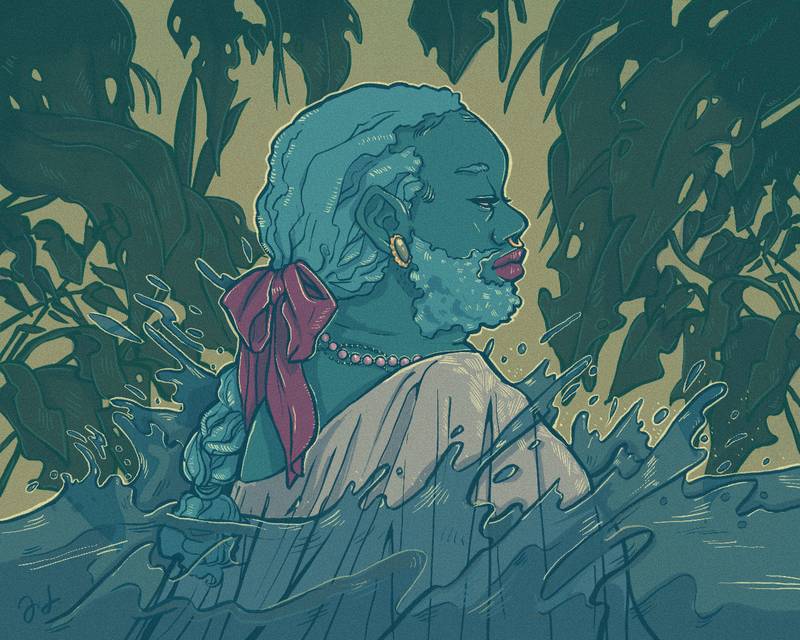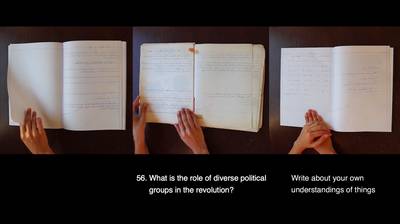

It’s not that they didn’t “get it” back then and made a mistake. The problem is that they still don’t “get it”, that understanding without which all social movements are doomed to fail. I’m referring to our flawed idea of “freedom” as something that is limited to our own views only. Whereas we truly believe in freedom when we want it for our adversaries as well.
READEditorial / September 2022
Elham Rahmati on understanding ‘desperation’ as a state of recuperation and not submission; and Vidha Saumya on how communities can trespass linguistic and cultural boundaries.
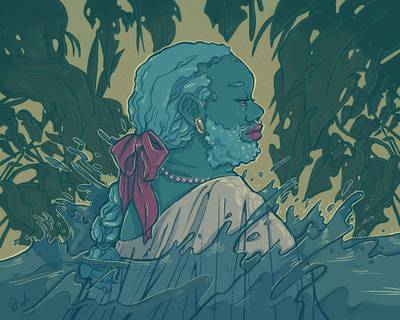

I wish the nurses, doctors, therapists, and psychologists in Transpoli would see all the art Finland’s trans community produces. Would it make them drop their blinders and see us beyond their questionnaire? As deep-sea creatures? As the deep time-travelling bodies? As the air seeping through the saxophone player’s lips? As the space, that is quite a lot of things and can become even more.
READSome Ways in Which a Gender May Be Felt
What if the nurses, doctors, therapists, and psychologists in Transpoli could see all the art Finland’s trans community produces?
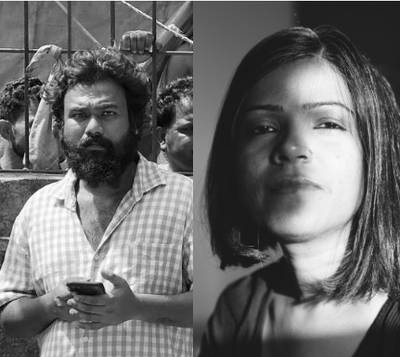

Today most Dalits are first or second-generation learners who are still trying to assert their existence and improve their societal position. In doing so, they prioritise safety and financial security and often enter fields tried and tested by their parents or other Dalit community members – they do not have the privilege of “choosing” versatile careers like art or filmmaking. Moreover, there is limited access and almost no exposure to the process of entering these industries. Even though Art is a storytelling medium that can bring about change, it is arduous and challenging for Dalit Bahujan filmmakers to publish their stories in a gate-kept caste society. Telling a story itself is the Art that propels change. Still, the question remains, how to break through the caste-based gatekeeping and works towards building a Dalit and Bahujan discourse of filmmaking and documenting?
READStories of Resistance: A Conversation With Filmmakers Omey Anand and Jyoti Nisha
How to break through the caste-based gatekeeping and work towards building a Dalit and Bahujan discourse of filmmaking and documenting?
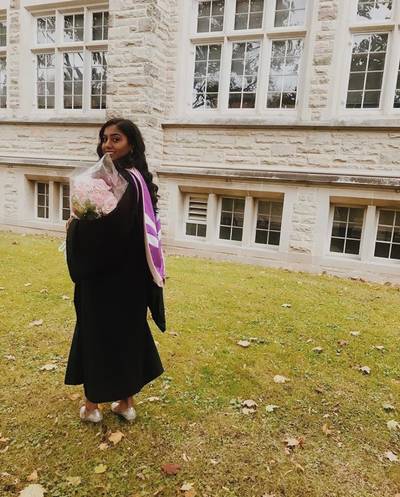

The following interview is an intimate and vulnerable dialogue between distant friends: Naomi Joshi and Vivetha Thambinathan, back in 2020. When we finally spoke, to my surprise, an organic friendship was born as words were exchanged, from similarities and differences in our experiences to statements of solidarity, acknowledgements of pain, and an unwavering fight for healing and care. Vivetha opened her heart to me, and I feel grateful to share her unbelievably eloquent voice.
READOn (the lack of) Diversity in Academia: A Conversation With Vivetha Thambinathan
Naomi Shefali Joshi holds an intimate dialogue on the necessity of creating radical spaces for amplifying a plurality of voices that focus on counter-hegemonic perspectives in academia.
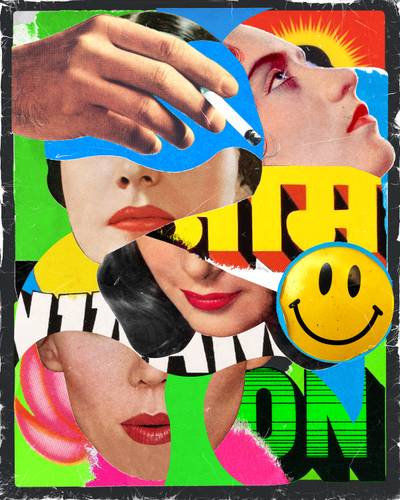

Formal modes of engineering the well-being of the population are oppressive and exclusionary. Activists, scholars and citizens of the world have to find compassionate and strategic ways to enact their power of adaptability. Memes allow us to challenge conventional and restrictive forms of education, policy and collective action, fostering effective solutions for a broken system. Memes, as the new toolkit adopted by Internet users of India, has the potential to nurture democracy and pluralism, with the hope to preserve freedom of speech, freedom of expression, and freedom to resist.
READPOOJA, What Is This Behaviour?: Memes as Political Participation & Toolkit of Digital Resistance in India
Abhinit Khanna discusses meme culture, misinformation, trolling, and data-muddying in times of pandemic and war using the visual language of digital artworks.
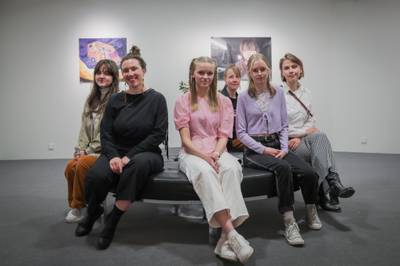

Nuori Taide and other cultural youth work organisations need funding from the state to guarantee that art and culture services are accessible for all young people, regardless of their living situation. What worries me is how the changes in the government may change youth policy and its funding. We hope that future criteria for youth work funding will better take into account digital youth work as well as the nature of artistic hobbies.
READNuori Taide: A Forum for Young Art Makers
Anni Rupponen brings together throyughst and artworks of Ansa Kurola, Karoliina Kuusisto, Tiia Tammi, Moona Rantanen, Jenny Idman who share their thoughts on their creative practices and what they wish for in art.
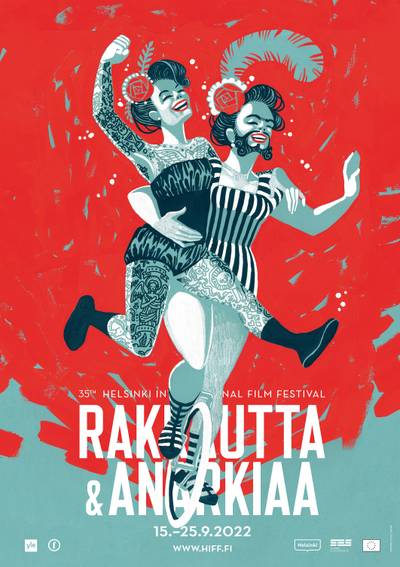

I could see a lot of love. But I was still trying to find the anarchy that breaks through and what it breaks through. I wondered if I should write about the positionality of the festival in what can be termed as its cultural intervention into events and processes that affect us today.
READFinding Anarchy: A Review of Helsinki International Film Festival
How can organizations dismantle power and operational structures within the world of film festivals to make them speak to the city’s various layers of inhabitants and their lives?
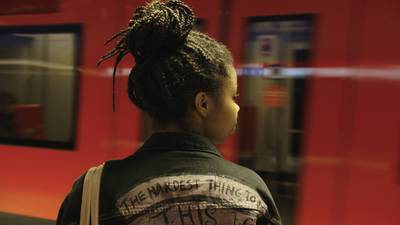

The first thing to say about the value of documentaries, and about the Love & Anarchy festival selection that follows is that they tend to be about people, and they tend to articulate the possibilities of a changing world. Against all odds, even the faintest possibility of ‘a world’, or rather ‘worlds’ that are transforming, can inspire hope.
READConfessions of a Documentary Junkie: 2022 Love & Anarchy Festival Picks
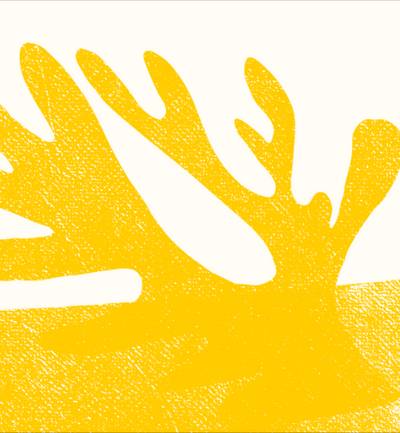

READit takes only one time of writing something to call yourself a writer but how long until the title is revoked? just how much non-writing must one indulge in in order to be punishingly excluded? is it a week, a month, a year? or is it until all writing utensils are out of harm’s way, no longer kept at an arm’s reach, or worse, simply no longer reached for?Verdict
A poem by Vanessa Kowalski: with audio reading.
